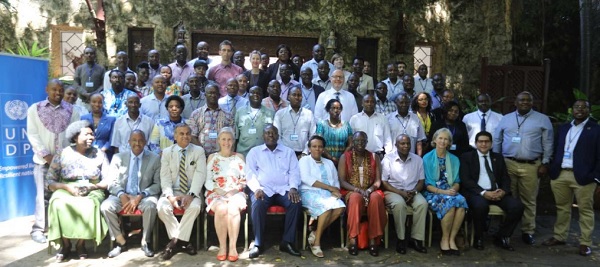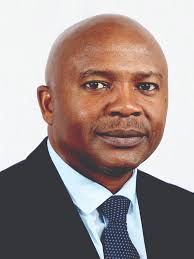
Fishing industry on the agenda at upcoming UN conference and at WTO ministerial meeting

A United Nations conference to support the implementation of Sustainable Development Goal 14 on the sustainable use of oceanic and marine resources, will be co-hosted by Kenya and Portugal in Lisbon from 02 to 06 June 2020.
Senior Programme Officer of the Trade for Development Programme of the South Centre, Peter Lunenborg wrote in a South Centre circular that the conference will discuss “Scaling up ocean action based on science and innovation for the implementation of Goal 14: stocktaking, partnerships and solutions.”
The conference follows in the wake of a Western Indian Ocean regional meeting in Mombasa, Kenya, early in December last year, under the auspices of the UN High Level Panel. This meeting deliberated on issues that are unique to Africa’s fisheries, and to develop an African position on these issues to prepare for the UN conference in June.
“The High Level Panel on the Sustainable Ocean Economy is a group of world leaders from 14 countries and the UN Secretary General’s Special Envoy for the Ocean which aims to develop, catalyze and support solutions for Ocean health and wealth in policy, governance, technology and finance. South Centre Member States on the Panel include Ghana, Indonesia, Jamaica and Namibia,” stated Lunenborg.
A week after the UN conference, the 12th World Trade Organisation’s Ministerial Conference is slated from 08 to 11 June in Nur-Sultan, Kazakhstan where trade ministers are expected to reach agreement on fishing subsidies in response to SDG 14.6 which calls for states to “by 2020, prohibit certain forms of fisheries subsidies which contribute to overcapacity and overfishing, and eliminate subsidies that contribute to illegal, unreported and unregulated (IUU) fishing, and refrain from introducing new such subsidies, recognizing that appropriate and effective special and differential treatment for developing and least developed countries should be an integral part of the WTO fisheries subsidies negotiation.”
Lunenborg wrote that the High Level Panel has a relatively broad scope. At the two upcoming conferences, ‘Blue Papers’ will be released on such issues as the “future of food from the sea, [the] impact of climate change on the ocean economy, marine genetic resources, ocean finance, IUU fishing, ocean energy and mineral resources.”
“The Law of the Sea incorporates inter alia the principle that the ability of developing countries to develop their own fisheries as well as to participate in high seas fisheries should be enhanced, that there should be no disproportionate burden on developing countries resulting from implementation, and that the economic needs of coastal fishing communities and the special requirements of developing countries are to be taken into account. Furthermore, States are to promote the development of the marine scientific and technological capacity of developing countries, which may need technical assistance in this field,” stated Lunenborg’s report on the Mombasa meeting.
Read the full report of the Western Indian Ocean regional meeting of the High Level Panel on the Sustainable Ocean Economy.
Caption: Delegates at the Western Indian Ocean meeting in Mombasa, discussed issues and strategies for African fisheries ministers to participate in two policymaking conferences this year. At the end of the meeting, a Call to Action to Save Africa’s Fisheries was agreed upon that will be presented at the African Union (AU) Summit in February 2020.













































